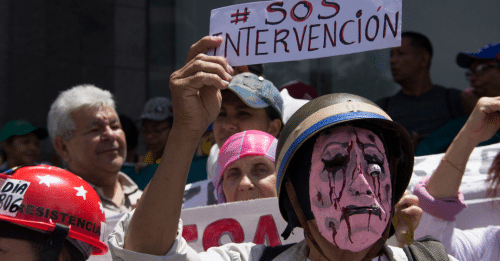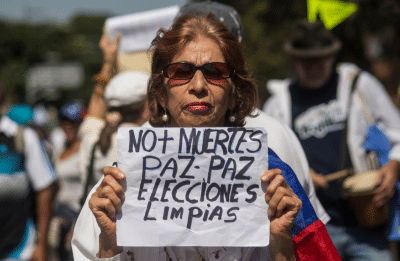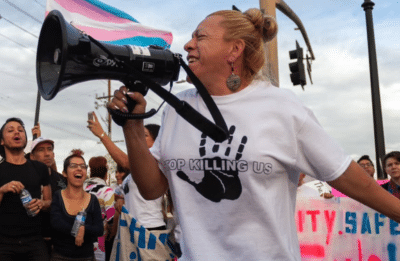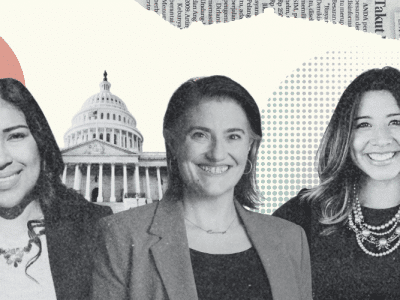Home
Venezuelans are full of envy. But not in the way you might think. Let me explain.
Final installment in the “Voices of Venezuela” essay collection: January 3 marked a new chapter, one in which the world finally turned its attention to Venezuela. Violently, as our rulers have always imagined.
What’s the Latest?
Between Joy and Fear
Fourth installment in the “Voices of Venezuela” essay collection: We were all expecting the events that had been announced, but we never imagined they would unfold so quickly.
The Day Venezuela’s Future Became Even More Uncertain
Third installment in the “Voices of Venezuela” essay collection: “Only a few days into 2026 and the future already feels uncertain,” is what my short journal entry reads for January 03, 2026, the day the U.S. launched an illegal military operation in Venezuela.
“Freedom” Doesn’t Feel or Look Like I Thought It Would
Second installment in the “Voices of Venezuela” essay collection: Describing the current situation in Venezuela is incredibly complex. There is no single reality; there are many, as many as there are personal stories.
Your Media Isn’t Our Reality
In this essay collection, “Voices of Venezuela,” we introduce you to the perspectives of Venezuelans in Venezuela and their firsthand reflections in this moment of uncertainty.
Past and Present: Latina Leaders
The Polarizing Legacy of Carmen Miranda: Hollywood’s “Brazilian Bombshell”
Carmen Miranda was more than the “Brazilian Bombshell” Hollywood packaged her as. Loved in the U.S. but criticized at home, she carried the weight of embodying Latin identity in an industry that often preferred stereotypes over authenticity.
National Latina Day: From One Woman’s Vision to a Nationwide Movement
In 2015, Dolores “Loli” Alvarez Castilla launched a Facebook page with a simple mission: celebrate Latinas, their contributions, and each other. What began as a spark became a movement that has shifted culture and inspired millions.
La Lupe: The Forgotten Afro-Latina Powerhouse of Latin Music
Before Celia Cruz and Gloria Estefan, there was La Lupe, an Afro-Latina powerhouse who lit up stages from Havana to New York.
5 Trans Latine Activists Who Changed the Course of LGBTQ+ History
Trans Latine activists have long been at the heart of the fight for justice, demanding dignity in systems that weren’t built for them and creating space where none existed.
Sor Juana Inés de la Cruz: The Latina Feminist Icon of the 1600s
Ever thought about the intellect and courage it took to challenge societal norms centuries ago? Sor Juana Inés de la Cruz was more than just a poet; she was a trailblazer in a world that didn’t welcome her brilliance.
Empowering Latinas: 5 Leaders Transforming Communities
We continue our summer series, “Latinas Who Lead,” with a list of women who exemplify leadership and community advocacy in authentic and joyful ways.











